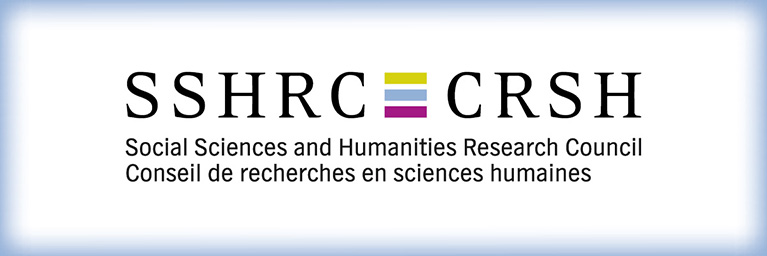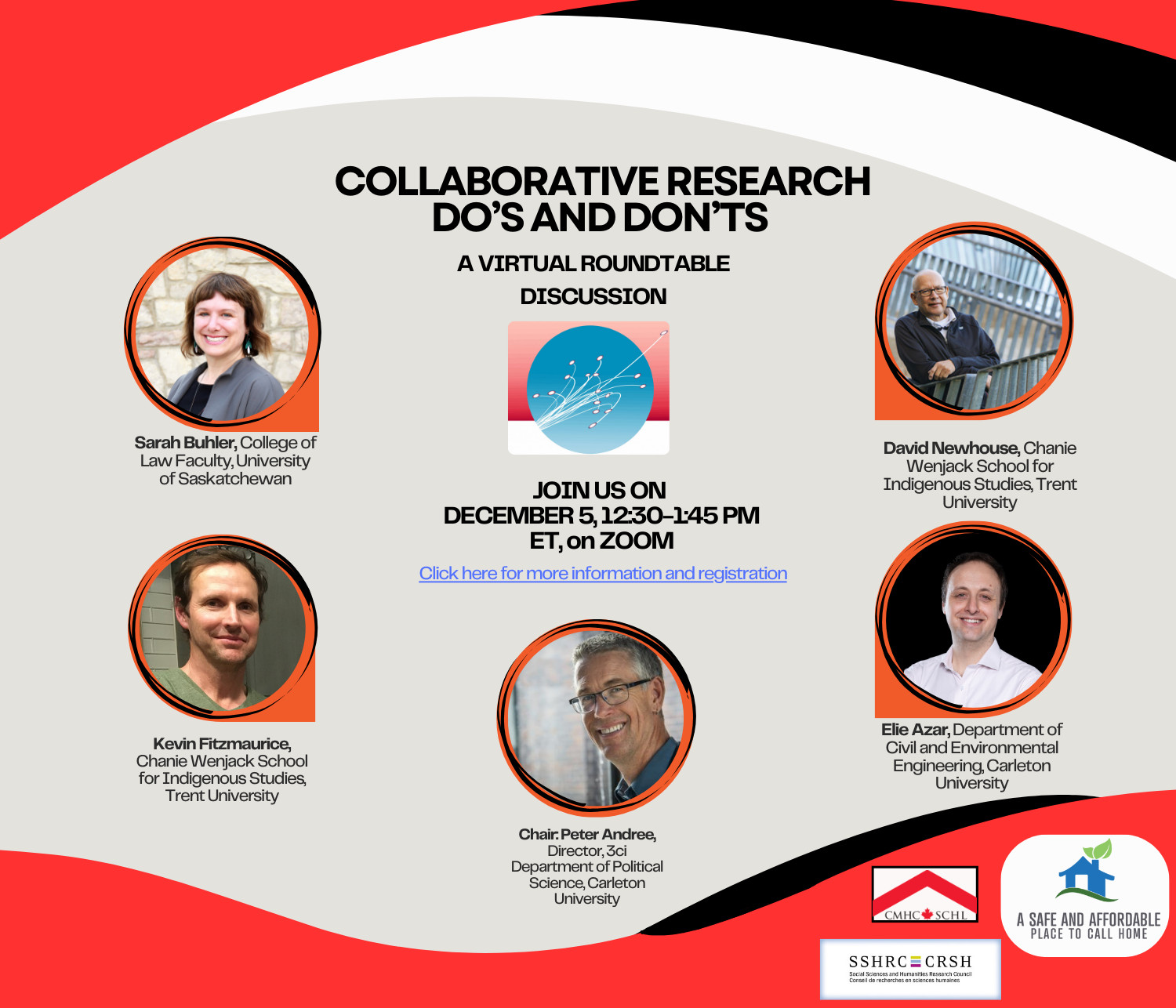
DECEMBER 5, 12:30 – 1:45 PM ET, on ZOOM
Join faculty researchers, community partners, advisory committee members, and student research assistants for a virtual roundtable on the dos and don’ts of collaborative, community-driven research. This open discussion, held on Zoom, will focus on building trust, creating a shared vision, and reciprocal knowledge exchange, especially in Indigenous contexts where data sovereignty and relationality are key. While housing and homelessness research is the main focus, all researchers and partners from other fields are welcome to participate. Please register here.
This virtual roundtable is co-sponsored by the Safe and Affordable Place to Call Home and the Carleton Centre for Community Innovation (3ci).
It is funded by the Social Sciences and Humanities Research Council (SSHRC)
Panelists
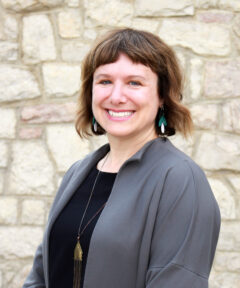 Sarah Buhler, College of Law Faculty, University of Saskatchewan
Sarah Buhler, College of Law Faculty, University of Saskatchewan
Sarah Buhler is the daughter of Jake and Louise, the mom of Simon, Ben and Rachel, and the spouse of Charlie. Her grandparents and great-grandparents were Mennonite farmers who came as refugees/ settlers from what is now Ukraine to Treaty 6 territory just north of Saskatoon. Sarah grew up in Bangkok, Thailand, and has also lived in Winnipeg and Toronto. She joined the University of Saskatchewan College of Law’s faculty in 2010. Prior to that, she practiced law in a Saskatoon law firm and served as the Executive Director and Supervising Lawyer at Community Legal Assistance Services for Saskatoon Inner City (CLASSIC). Sarah’s research is focused on access to justice, the human right to housing, and the legal processes around eviction. Sarah is the recipient of the University of Saskatchewan Award for Distinction in Outreach and Engagement and the University of Saskatchewan Award for Distinction in Community Engaged Teaching and Scholarship.
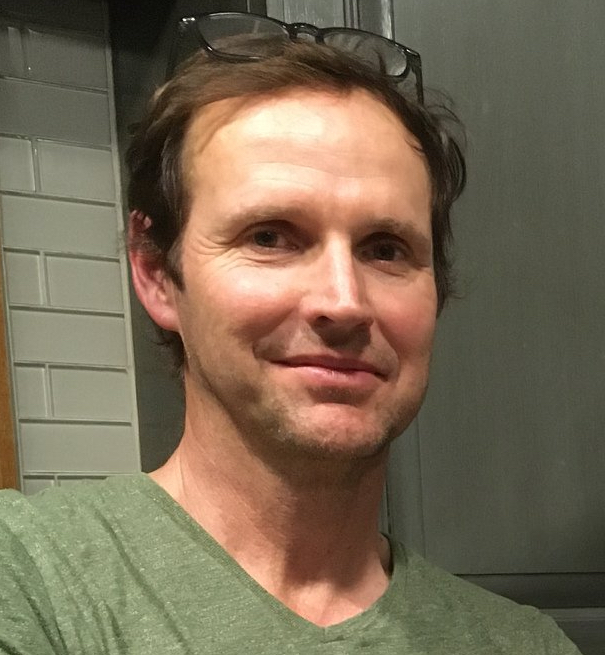 Kevin Fitzmaurice, Chanie Wenjack School for Indigenous Studies, Trent University
Kevin Fitzmaurice, Chanie Wenjack School for Indigenous Studies, Trent University
As an ally scholar, Dr. Kevin Fitzmaurice has experience in Indigenous research co-leadership, teaching, course development, and university administration. He is presently an Associate Professor for the Chanie Wenjack School for Indigenous Studies at Trent University and a Professor Emeritus with the University of Sudbury/Laurentian. He is the former Truth and Reconciliation Coordinator and Director of Research for the Center for Research in Social Justice and Policy at Laurentian University.
Dr. Fitzmaurice is currently co-leading several community-driven research projects. He is a Co-Investigator and National Steering Committee Member with the ‘A Safe and Affordable Place to Call Home: A Multi-disciplinary Longitudinal Outcomes Analysis of the National Housing Strategy’ and the Ontario Regional Co-Director with the ‘Urban Aboriginal Knowledge Network (UAKN)’. He is also a Co-Investigator with the ‘Making the Shift: Youth Homelessness Innovation Lab (Sudbury/Timmins)’ and the ‘Maamwizing Indigenous Research Institute / Race Gender Diversity Initiative’. Dr. Fitzmaurice was also a Regional Lead with the 2021 ‘National Centre for the Collaboration on Indigenous Education (NCCIE)’ as well a Co-Director with the 2011 ‘Toronto Aboriginal Research Project (TARP)’ and the 2007 ‘Ontario Urban Aboriginal Task Force (UATF)’. His areas of teaching and research specialization include Urban Indigenous Studies, Housing and Homelessness, Indigenous-Settler Politics and Law, Indigenous Critical Theory, and Indigenous Research Methods.
Discussants
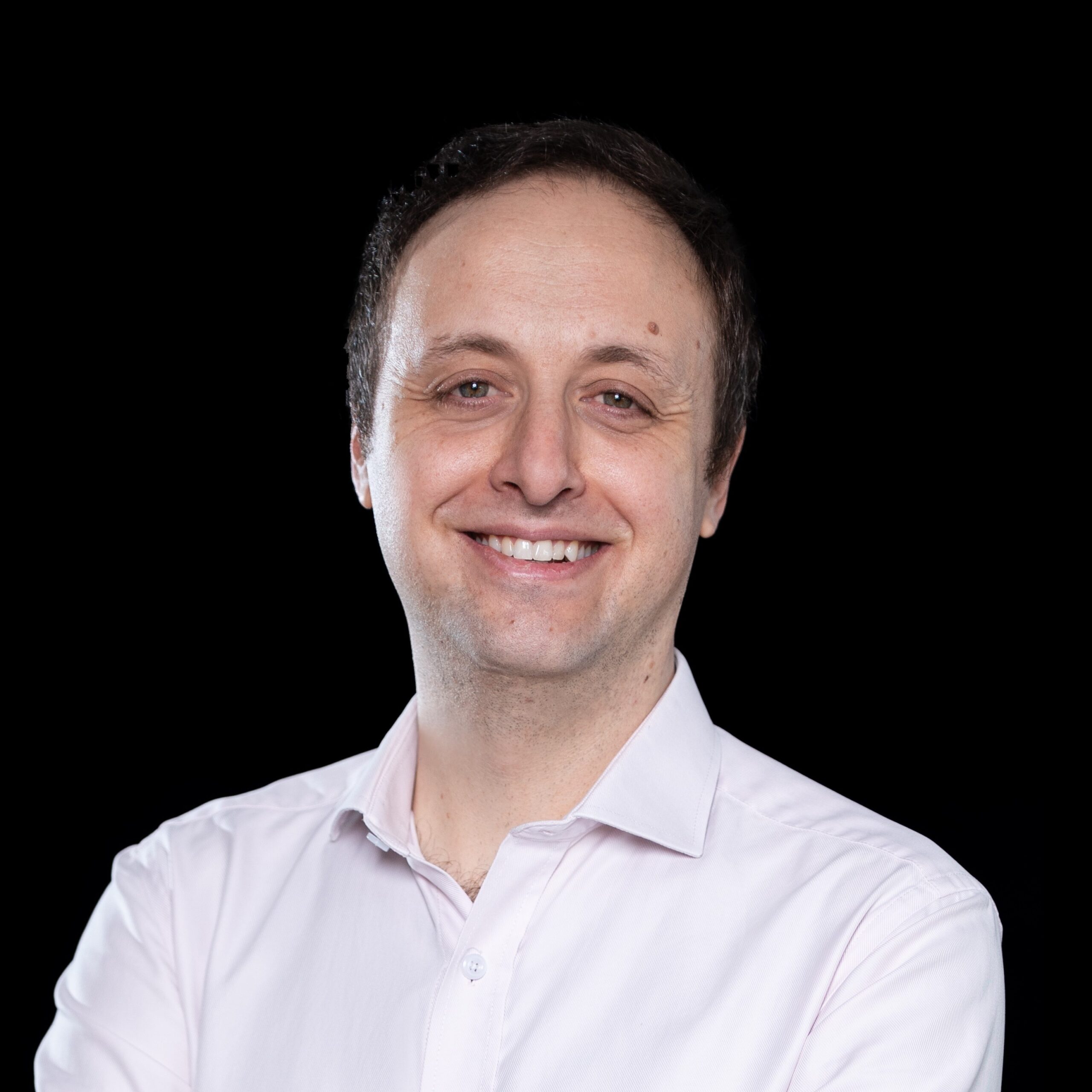 Elie Azar, Department of Civil and Environmental Engineering, Carleton University
Elie Azar, Department of Civil and Environmental Engineering, Carleton University
Dr. Elie Azar is a Canada Research Chair and an Associate Professor of Civil and Environmental Engineering at Carleton University. He is a co-applicant on the Safe and Affordable project, serves on its national steering committee, and leads the “Climate Impacts and Mitigation” theme. Dr. Azar’s research focuses on enhancing the performance of buildings and communities by advancing and integrating building simulation tools, including physics-based and data-driven models. He has contributed to or led research projects with funding exceeding $7.5 million and has supervised over 30 graduate students. Dr. Azar has co-authored approximately 150 scientific publications and reports, including the 2024 UNEP-CCC Climate Technology Progress Report, along with four books on sustainability, smart cities, artificial intelligence, and carbon neutrality. He holds a B.Eng. in Mechanical Engineering from Polytechnique Montreal, as well as an M.Sc. and Ph.D. in Civil and Environmental Engineering from the University of Wisconsin-Madison.
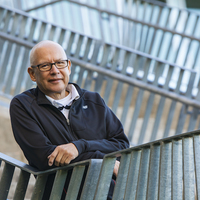 David Newhouse, Chanie Wenjack School for Indigenous Studies, Trent University
David Newhouse, Chanie Wenjack School for Indigenous Studies, Trent University
David Newhouse is Onondaga from the Six Nations of the Grand River community near Brantford, Ontario. He is a Professor of Indigenous Studies and Chair of the Chanie Wenjack School for Indigenous Studies, was the first Principal of the new Peter Gzowski College at Trent University and has been Chair of the Department of Indigenous Studies, now the Chanie Wenjack School for Indigenous Studies since 1993. He is also a Professor in the School of Business. Professor Newhouse is Co-Chair of the Trent Aboriginal Education Council. He was the IMC/U of S Aboriginal Scholar in Residence at the University of Saskatchewan in Saskatoon in 1998/99. He also teaches in the Graduate CED Program at Concordia University. In 2016, he received the Trent Award for Education Leadership and Innovation.
 Chair: Peter Andrée, Director, 3ci
Chair: Peter Andrée, Director, 3ci
Department of Political Science, Carleton University
Peter Andréeis a Full Professor in the Department of Political Science at Carleton University. He is cross-appointed in the Department of Geography and Environmental Studies and in the Institute of Political Economy. Prof Andrée’s research focuses on the politics of food and the environment. He practices, and teaches, community-based participatory research methods. He is the Director of the Carleton Centre for Community Innovation (3ci) and a member of the Participatory Food Systems Governance research team. Prof. Andrée is a first generation immigrant to Canada from the Netherlands. He lives with Chris Hamilton and their son Nicolas, on unceded Algonquin territory alongside the Gatineau river in Québec.
Sponsors


